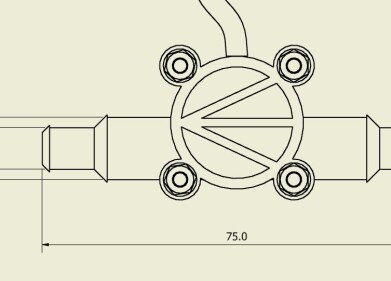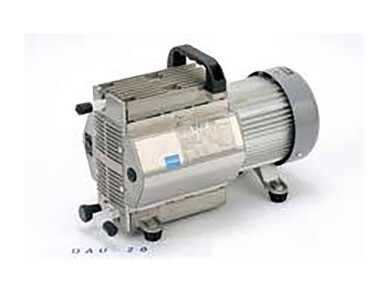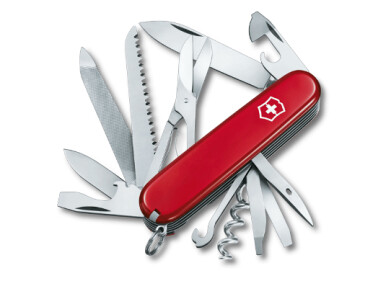-
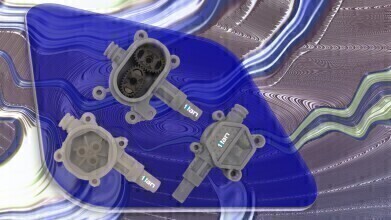 3D modelling for Titan Enterprises’ oval gear and turbine prototype flowmeters.
3D modelling for Titan Enterprises’ oval gear and turbine prototype flowmeters. -
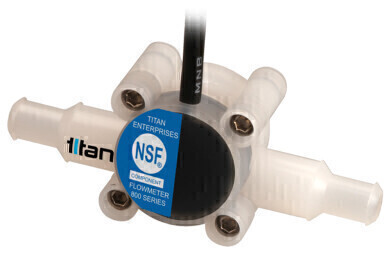 Titan Enterprises’ NSF-Approved 800 series mini turbine flowmeter.
Titan Enterprises’ NSF-Approved 800 series mini turbine flowmeter.
Laboratory products
3D Printing Accelerates R&D in Flow Meter Technology
Apr 13 2023
“3D printing technology is fundamentally changing the way we design, prototype and test flowmeter devices within our R&D, particularly when developing specialist designs for OEM applications,” Neil Hannay, Senior R&D Engineer, Titan Enterprises.
Titan's research, development, and design efforts are dedicated to finding innovative solutions for OEM customers and pushing the boundaries of product performance and physical properties. Over 5 years ago, Titan began incorporating 3D printing technology for design, initially using a state-of-the-art FDM printer. However, with advancements in 3D printing, Titan has invested in a new printer at a fraction of the cost, but with significantly enhanced capabilities.
With improved technology and a wider range of engineering materials available, 3D printing has become a critical tool in Titan's research and development activities, enabling quick and cost-effective prototyping. Despite being more expensive per cubic volume of model, Titan's new UV resin printer offers superior precision, detail, and durability, allowing for highly iterative design and greater fidelity in prototypes. Additionally, the resin printer enables printing of replacement parts and custom tools, adding to its versatility.
“Being able to make small, precise changes to designs along the development route to test functionality and performance enables us to fast-track through the design process,” states Neil. “This gives our R&D design engineers more freedom to experiment with novel designs at a lower cost, both in time and money, and rapid prototyping. Models and components can be tested, pushing the boundaries of concept design, durability and size in a short amount of time. As such, a tested and performing prototype that we have a good level of confidence in, can then go out to our injection moulding suppliers to produce a customer prototype.”
As an example, Titan recently used their 3D printer for an OEM turbine development project. The printer allowed them to size and fit the flowmeter's externals to the customer's equipment and conduct preliminary integrated performance tests. Transparent materials used in the printing process also enabled Titan's R&D engineers to visually examine the internal manufacture, fit, and operation of the flowmeter, significantly speeding up product development. In the past, early prototypes were produced using CNC, which is time-consuming and expensive. With an in-house 3D printer, new versions can be modified and tested on the same day as conception, allowing for faster design iterations and validation.
Titan's non-metallic flow meters, including the NSF-Approved 800-series turbine meters and Beverage flowmeters widely used in the medical, food, and beverage industries, are well-suited for the 3D printing process for development, improvement, and design enhancements.
To discuss an optimised flow measurement device for your specific application or process please contact Titan Enterprises.
More information online
Digital Edition
Lab Asia 31.6 Dec 2024
December 2024
Chromatography Articles - Sustainable chromatography: Embracing software for greener methods Mass Spectrometry & Spectroscopy Articles - Solving industry challenges for phosphorus containi...
View all digital editions
Events
Jan 22 2025 Tokyo, Japan
Jan 22 2025 Birmingham, UK
Jan 25 2025 San Diego, CA, USA
Jan 27 2025 Dubai, UAE
Jan 29 2025 Tokyo, Japan
